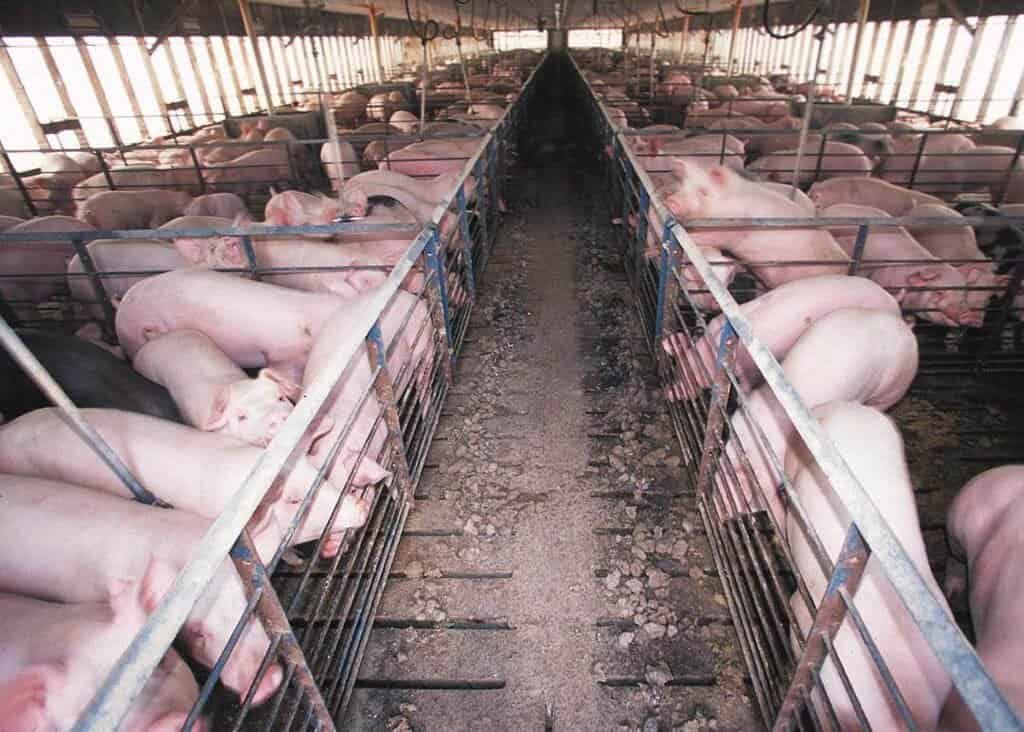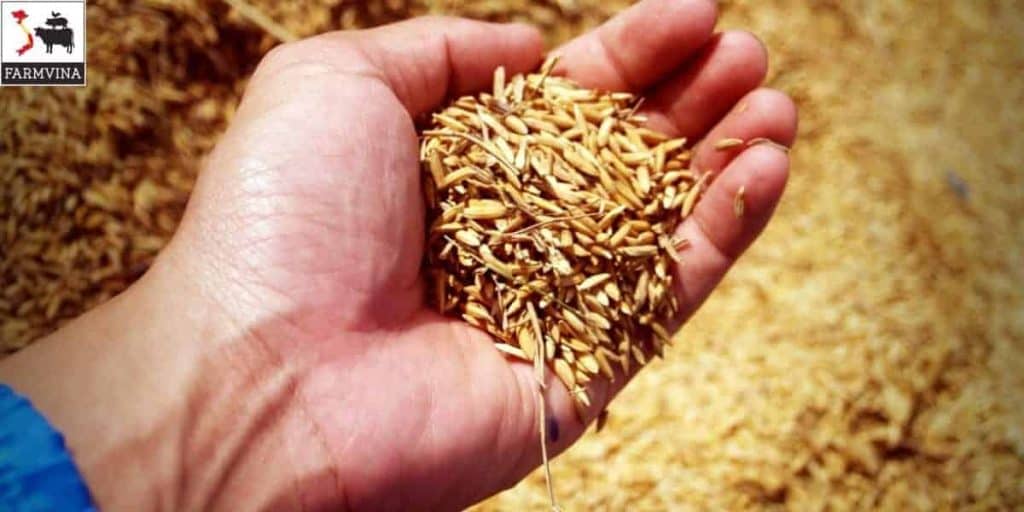tl;dr: Starting a pig farm requires careful planning and preparation
Starting a pig farm can be a rewarding venture, but it requires careful planning and preparation. Whether you’re looking to raise pigs for meat production or as pets, there are several key steps you need to take to ensure success. In this article, we will guide you through the process of starting a pig farm, from research and planning to marketing and selling. So, if you’re ready to embark on this exciting journey, let’s dive in and learn how to start a pig farm.
Research and Planning
Before diving into the world of pig farming, it’s essential to conduct thorough research and develop a solid plan. Here are some crucial steps to get you started:
Determine the purpose of your pig farm
First and foremost, you need to decide on the purpose of your pig farm. Are you planning to raise pigs for meat production, breeding, or as pets? Each purpose requires different considerations and strategies, so it’s important to have a clear goal in mind.
Research local regulations and permits
Next, familiarize yourself with the local regulations and permits related to pig farming. Contact your local agricultural department or zoning board to understand the specific requirements and restrictions in your area. This step is crucial to ensure compliance and avoid any legal issues down the line.
Develop a business plan
Creating a comprehensive business plan is essential for any successful venture. Outline your goals, financial projections, marketing strategies, and operational procedures. A well-thought-out business plan will serve as a roadmap for your pig farm and help you stay organized and focused.
Choosing the Right Location
The location of your pig farm plays a vital role in its success. Consider the following factors when selecting a suitable location:
Consider land size and availability
Pigs require ample space to roam and graze. Ensure that you have enough land to accommodate the number of pigs you plan to raise. Additionally, consider the availability of additional land for future expansion.
Ensure access to water and electricity
Water is essential for the well-being of your pigs, so choose a location with a reliable water source. Additionally, ensure access to electricity for powering equipment and lighting.
Check zoning restrictions
Check the zoning restrictions in your area to ensure that pig farming is allowed. Some residential or urban areas may have restrictions on livestock farming, so it’s crucial to verify before making any commitments.
Building Infrastructure
Once you have secured a suitable location, it’s time to focus on building the necessary infrastructure for your pig farm. Consider the following aspects:
Construct pig pens or housing
Pigs need proper shelter to protect them from extreme weather conditions. Construct sturdy pig pens or housing that provide adequate space for each pig and allow for easy cleaning and maintenance.
Install proper fencing
Fencing is crucial to keep your pigs contained and prevent them from wandering off. Use sturdy fencing materials that can withstand the strength of pigs and ensure that there are no gaps or weak spots.
Create a feeding and watering system
Design a feeding and watering system that allows for easy access and distribution of food and water. Consider using automatic feeders and waterers to streamline the process and ensure a consistent supply.
Acquiring Pigs
Choosing the right pigs for your farm is essential for success. Consider the following factors when acquiring pigs:
Decide on the breed and age of pigs
Research different pig breeds and choose the one that aligns with your goals and local market demand. Additionally, decide whether you want to start with piglets or mature pigs.
Find reputable pig breeders or suppliers
Source your pigs from reputable breeders or suppliers who prioritize the health and well-being of their animals. Ask for recommendations from local farmers or agricultural organizations to ensure you’re getting healthy and genetically sound pigs.
Ensure pigs are healthy and disease-free
Before bringing pigs onto your farm, ensure they are healthy and free from any diseases. Conduct health checks and quarantine new pigs to prevent the spread of potential illnesses to your existing herd.
Feeding and Nutrition
Proper nutrition is crucial for the growth and well-being of your pigs. Consider the following tips for feeding and nutrition:
Develop a feeding plan
Consult with a veterinarian or livestock nutritionist to develop a feeding plan that meets the nutritional requirements of your pigs at different stages of growth. Consider factors such as breed, age, and weight when determining the appropriate feed quantities.
Provide a balanced diet
Ensure that your pigs receive a balanced diet consisting of grains, protein sources, and essential vitamins and minerals. Consult with experts to formulate or purchase a high-quality pig feed that meets their nutritional needs.
Consider supplements or additives
In addition to a balanced diet, consider incorporating supplements or additives to enhance the health and performance of your pigs. These may include probiotics, vitamins, or growth promoters. Consult with professionals to determine the most suitable options for your specific circumstances.
Healthcare and Disease Prevention
Maintaining the health of your pigs is crucial for the success of your farm. Consider the following healthcare and disease prevention measures:
Establish a relationship with a veterinarian
Find a veterinarian experienced in pig health and establish a relationship with them. Regularly consult with them for routine check-ups, vaccinations, and any health concerns that may arise.
Implement a vaccination and deworming schedule
Follow a vaccination and deworming schedule recommended by your veterinarian to protect your pigs from common diseases and parasites. Regularly monitor and treat for internal and external parasites to ensure optimal health.
Maintain proper hygiene and sanitation
Maintaining a clean and hygienic environment is essential for disease prevention. Regularly clean and disinfect pig pens, feeding areas, and water sources. Implement proper waste management practices to minimize the risk of contamination.
Marketing and Selling
Once your pig farm is up and running, it’s time to market and sell your products. Consider the following strategies:
Identify potential buyers or markets
Research and identify potential buyers or markets for your pigs or pig products. This may include local restaurants, farmers’ markets, or direct-to-consumer sales. Establish relationships with potential buyers to secure a market for your products.
Create a marketing strategy
Develop a marketing strategy to promote your pig farm and products. Utilize online platforms, social media, and local advertising to reach your target audience. Highlight the unique qualities of your pigs, such as breed, farming practices, or animal welfare standards.
Consider value-added products or services
Explore opportunities to offer value-added products or services to differentiate your farm from competitors. This may include selling pork cuts, sausages, or hosting farm tours and educational workshops. Adding value can attract more customers and increase profitability.
Conclusion
Starting a pig farm requires careful planning, research, and dedication. By following the steps outlined in this article, you can set yourself up for success in the pig farming industry. Remember to prioritize the health and well-being of your pigs, stay informed about industry trends, and adapt your strategies as needed. With proper planning and a passion for farming, you can embark on a rewarding journey as a pig farmer.
FAQs
How much does it cost to start up a pig farm?
The cost of starting up a pig farm can vary depending on various factors such as the size of the farm, the number of pigs, the infrastructure required, and the location. On average, it can cost anywhere from $10,000 to $50,000 or more to start a small-scale pig farm.
Is having a pig farm profitable?
Yes, having a pig farm can be profitable. However, profitability can vary depending on factors such as market demand, feed costs, disease outbreaks, and management practices. It is important to conduct a thorough feasibility study and develop a solid business plan to maximize profitability.
How profitable is a small pig farm?
The profitability of a small pig farm can vary depending on factors such as market prices, input costs, and management efficiency. On average, a well-managed small pig farm can generate a net profit margin of around 10-20%. However, it is important to note that profitability can fluctuate due to market conditions and other factors.
How many pigs do you need for a pig farm?
The number of pigs needed for a pig farm depends on the scale of the operation and the desired production output. A small-scale pig farm can start with as few as 10-20 pigs, while larger commercial farms may have several hundred or even thousands of pigs. It is important to consider factors such as available land, resources, and market demand when determining the appropriate number of pigs for a pig farm.
Originally posted 2023-08-31 07:08:30.



